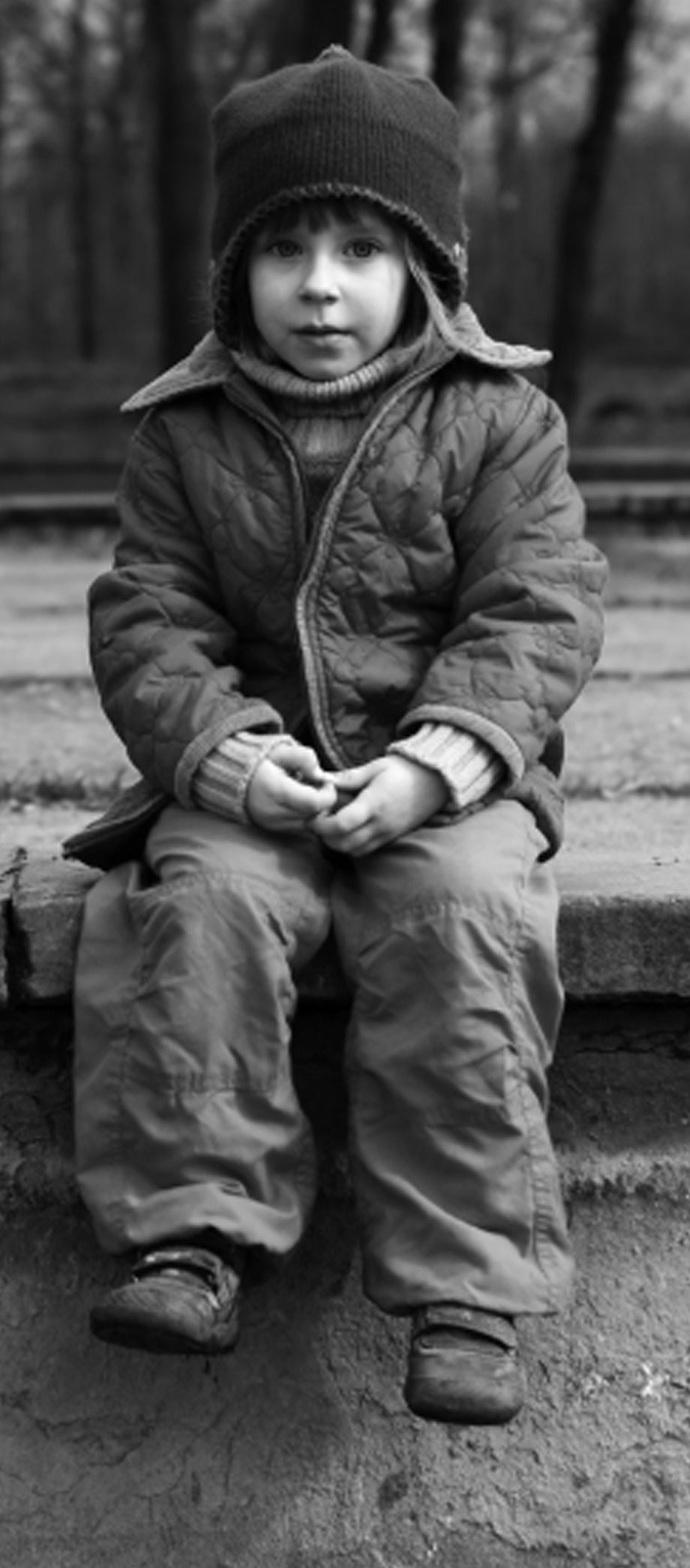Revealing the existence of homelessness in Mississauga and Brampton is only the beginning. There is an underfunded policy challenge
to providing healthy accommodation for children at risk from poverty.Words by Edna Toth
Many Mississauga residents don’t believe that homeless people hang out in Peel.Or if homelessness abounds, then it must be in Brampton and not the responsibility of Mississauga residents.
Wrong. Many parts of Mississauga, are “home” to people who don’t have a home, but instead take shelter in hidden places, like stairwells and doorways, around parks, railway lines, not far from your home, perhaps.
Peel Region reports that on average, 1,000 people a month, including families with children, use shelters for the homeless. If the shelters are full, a one-way bus ticket to Toronto removes them, but doesn’t solve the problems. And don’t let anyone tell you that the bus ticket practice is over. It’s alive and well and continuing in Mississauga.
To persuade people that homelessness really does persist here, Peel Poverty Action Group (PPAG) received $75,000 from the Ontario Trillium Foundation. PPAG used the money to produce a DVD about homelessness in Peel Region. The video, Spaces and Places: Uncovering Homelessness in the Region of Peel, was made by a videography and research team from York University, with administrative support from the Social Planning Council of Peel.
It “stars” local people who know homelessness first hand and is now doing the rounds of every faith group, service club, trade union, professional association, business organization, that wants to show it to members and friends. Any group that wants to see this video can email [email protected] with a date, time, place and contact. There’s no charge.
PPAG members have shown the video to Peel’s three municipal councils, and offered suggestions for alleviating the shortage of housing for people who are struggling. Other One suggestion the PPAG made for increasing the housing supply, included building all new homes, public or private, with basements half above ground which would make the lower level safer;and to design new homes with the intention of having part of them rented out at some point – kids leave home, old folks need live-in help; families fall on hard times but can get by with rental income. Mississauga residents should not have to move away from the neighbourhood and neighbours they know when their circumstances change. The Province is moving legislation which supports secondary housing.
We need to ask ourselves: what have we got against secondary housing units anyway? Mayor McCallion met PPAG representatives and was quite clear: Two families in one house use twice the amount of services like water and waste. But they don’t pay twice the property taxes. We need to know more about that.
Social housing, where some level of government or a socially-minded organization such as a church, provides affordable accommodation, is a tradition in many countries, including Canada. But back in the 1980s, the federal government decided to opt out of social housing, giving the responsibility for it but not the money to provincial governments. Ontario is the only province to download responsibility (but not the money) to municipalities.
Many organizations, including the Region of Peel, Fair Shares Peel, Brampton-Mississauga and District Labour Council, think that all levels of government should be in the business of ensuring that affordable housing is available and that money is provided for it.
That’s one reason why PPAG is offering showings of the Spaces and Places video to all political parties and candidates lining up for the provincial election this year. What is in the video? Injust 15 minutes it captures some of the pathos and horror of being without shelter in a country where climate kills.
If you have children, the opportunities for ’couch surfing’ (staying with friends) are limited; sleep is next to impossible if you share a room with 50 others; where will you go? Where will you eat? You may be better off in your car, if you have one; then maybe you can hold down a job.
Many think of people experiencing homelessness as authors of their own problems. Perhaps some are. But many people are just a couple of pay cheques away from being on the street ourselves.
